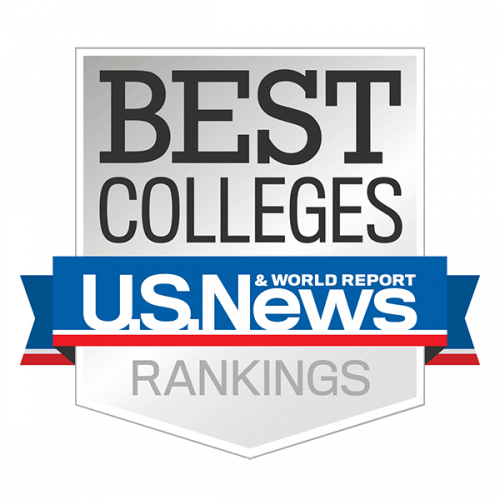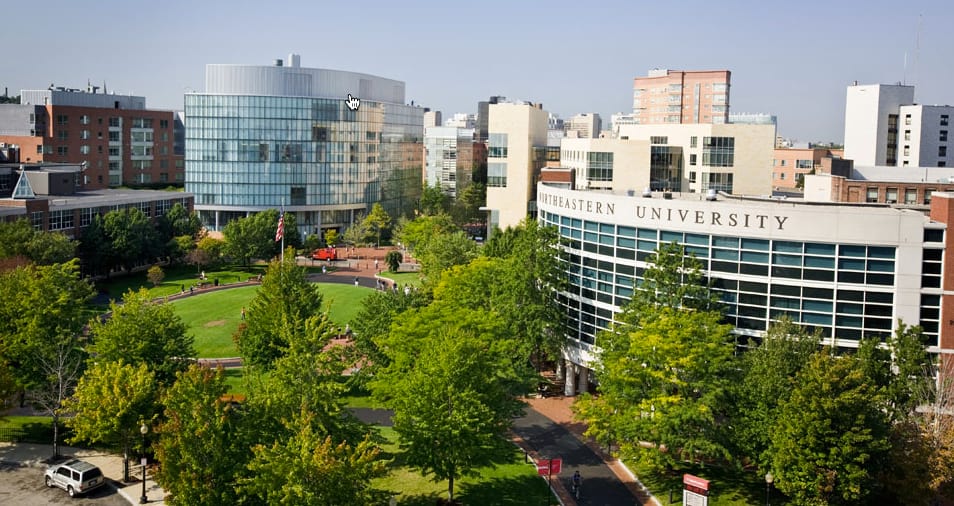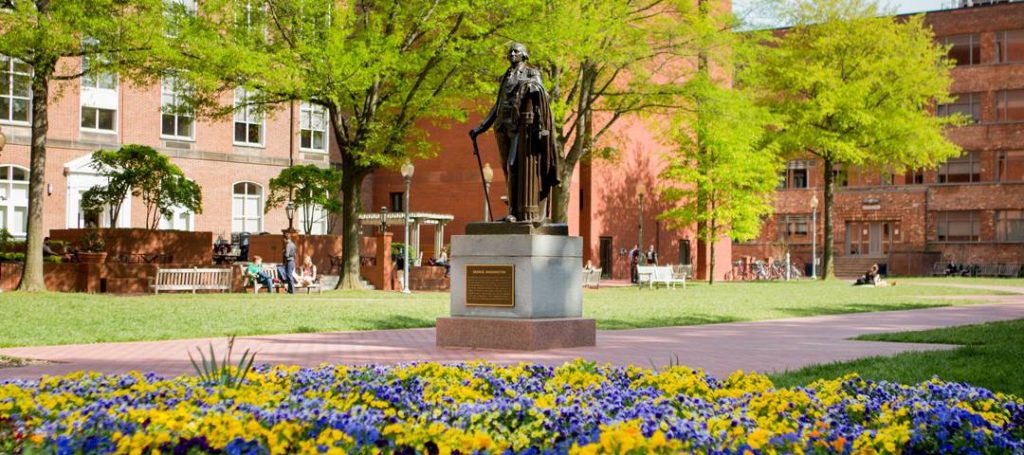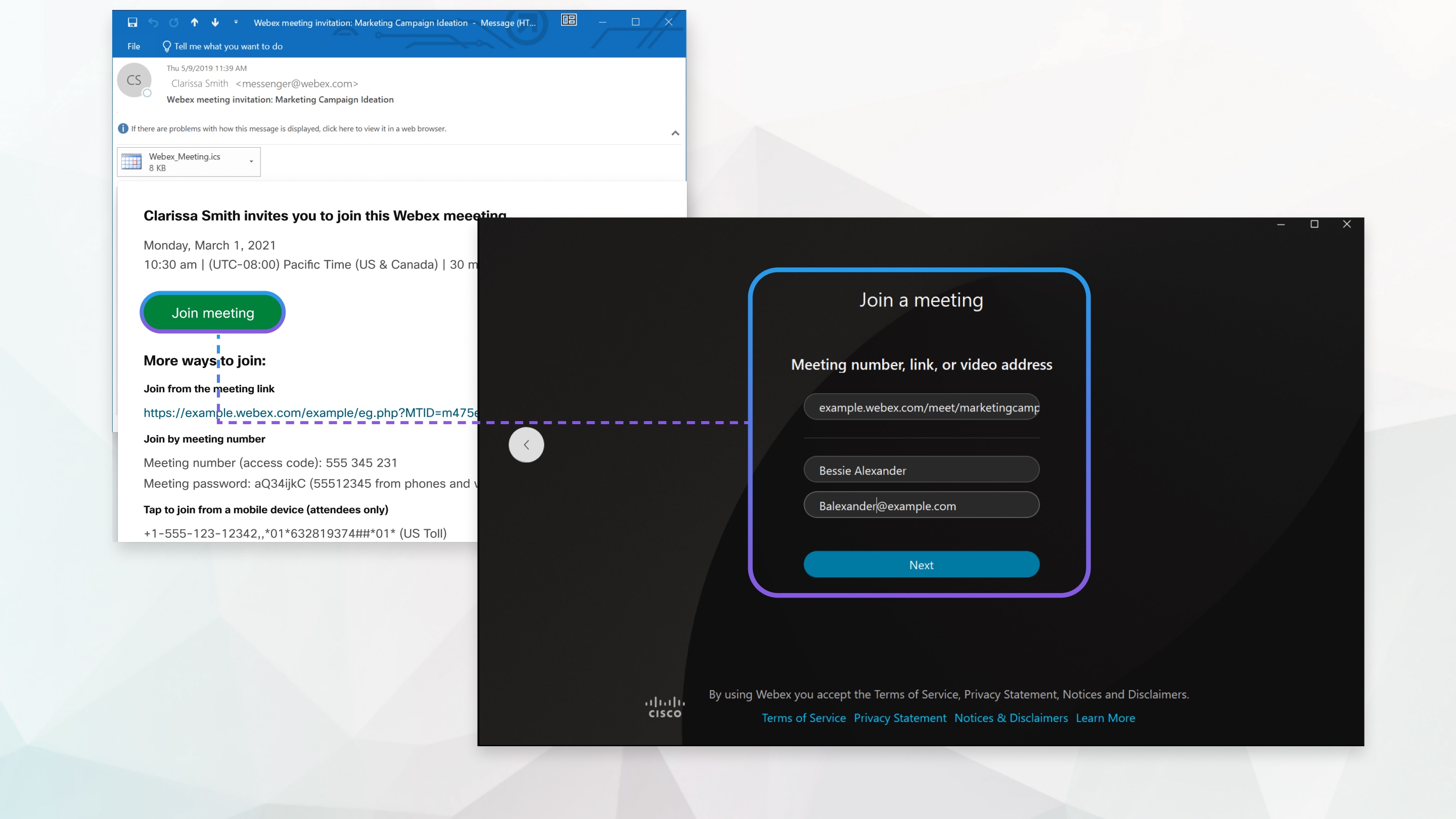Despite the enormous popularity of U.S. News and World Report's college rankings, very few families are aware of how they are developed.
Here are 15 things you should know about U.S. News' college rankings before you put too much stock in them.
1. U. S. news relies on rankings to stay alive.
Despite the fact that the titan of rankings is a mere shadow of what it once was, U.S. News' college rankings are extremely influential. A long time ago, U.S. News struggled to maintain a sufficient number of subscribers.
U.S. News publishes false rankings for all kinds of items, including hospitals, autos, diets, high schools, law firms, holidays, cruises, and health insurance, in order to stay in business.

2. U.S. News’ college rankings have encouraged institutional bad behavior.
One of the main factors for rising college costs and fostering dishonest admission practices is U.S. News' college rating system.
The acts of the audience that cares the most about the data - college presidents and their boards of trustees, and consequently, their admission offices - have negatively impacted millions of students as a result of the rankings race.
These people have a simple (albeit seriously faulty) scorecard provided by US News to gauge how their institutions are doing, and they become upset if their school's rating stagnates or, worse, declines.
3. The college rankings formula can be gamed.
Many universities have discovered the secret to rising through the rankings.

One of the universities that worked tirelessly to raise its ranks was Northeastern University. Two decades ago, Northeastern was viewed as a commuter school serving blue-collar students that was saddled with an ugly campus and was of the third tier.
However, a new college president soon took office and became utterly committed to salvaging the organization by doing everything in his power to raise its U.S. News ranking.
There's little doubt that the system encourages gaming, according to the Northeastern president, who was reported as saying this in a Boston Magazine article about this Cinderella story four years ago.
Northeastern, which is currently a very popular destination, is ranked No. 40 in the prestigious national university category by U.S. News. It was ranked No. 162 twenty years ago, and nobody outside of Boston had ever heard of it.

Another struggling commuter school, George Washington University, was able to attract wealthy students by cracking the U.S. News college rankings code. These students could afford to pay more for a bachelor's degree, which in turn attracted more well-off youngsters.
Here is a Washington Monthly piece that discusses how ranking manipulation propelled GWU to the top of the list. It is now ranked No. 56 in the category of national universities.
4. Popularity is a big ratings factor.
The U.S. News ranking of a school will be strongly influenced by its reputation among the proper individuals.
Three administrators from the president, provost, and admission offices at each institution in the national university category, for example, are required to evaluate all of their peers on a one-to-five grading scale in yearly surveys. (One is merely minor, while five is exceptional.)
The problem, though, is as follows:
What do the leaders of UCLA, Johns Hopkins, University of Tulsa, and Clemson know about what's happening at Brandeis, Case Western Reserve, Virginia Tech, and Florida State, let alone 300 additional institutions that fall under the national university category?
Or consider colleges that fall under the liberal arts college category but are far less well-known. What information do Beloit and Juniata officials have regarding the caliber of instruction at Lake Forest, Coe, Rhodes, and Allegheny colleges?
Administrators should refuse to rate peers on a scale of one to five since it is an illogical exercise.
5. U. S. News measures six-year graduation rates.
I don’t know any parents who thinks that graduating from college in six years is acceptable. U.S. News, however, uses six-year rates when evaluating schools. Another head scratcher.
6. Rankings encourage colleges to favor affluent students.
Rich students are favored because US News rewards schools that provide higher test scores and grade point averages for their entering freshman cohort.
Wealthy high school students benefit from this selectivity focus because they typically have stronger academic records. These teenagers are more likely to have attended schools with more robust academic programs and can afford pricey test preparation classes. Family income and test scores on standardized tests have a significant positive link.
The school can increase sticker prices without alienating too many prospective consumers by luring wealthier pupils.
7. Rankings encourage the use of merit scholarships.
Prior to the rankings gaining so much attention, wealthy students often had to pay the whole cost of attending college. Most of the funds were set aside for students from middle-class and low-income families who needed financial assistance.
Private and public schools started awarding merit scholarships to recruit brilliant, wealthy students to their campuses rather than those of their rivals as a result of the rankings premium being associated with top students.
How can you come up with the cash to pay for these bargain enticements?
To collect more money for these scholarships, one option is to increase tuition; a second is to decrease financial help for students in need. The majority losers in the rankings game are the low- and middle-income students.
8. Elite schools are the exception to merit awards.
The only universities that don't provide merit scholarships to wealthy applicants are those that occupy the top spots in U.S. News' college rankings.
Rich parents who send their kids to top-ranked universities and liberal arts colleges, like Stanford, Harvard, Princeton, and Amherst, will shell out about $300,000 for a SINGLE bachelor's degree, but they won't do it for other institutions.
Most of these schools admit a pitifully small proportion of low-income students, despite boasting that they reserve their aid for families that need it to send their children to college. Rich pupils are primarily educated at the most exclusive institutions.
9. Rankings encourage admission tricks.
For instance, US News' algorithm favors institutions with a higher student turn-down rate. Schools will pursue students they have no intention of accepting using marketing materials and social media in order to enhance their rejection rates.
Another trick: some institutions make it simple for applicants to submit streamlined online applications, also known as "quick apps" in the business. This tactic is employed by schools to expand their student base and raise their rejection rates.
10. Rankings don’t measure what’s important.
One of the absurd things about the rankings is that producing thoughtful, eloquent young people who can write persuasively and think critically won't move a school up even one point in the rankings. It's odd that U.S. News doesn't even try to gauge the type of learning taking place in classrooms.
The rankings' methodology is actually a set of arbitrary metrics that families and students are intended to use to identify the colleges that are providing the greatest undergraduate education. For determining educational quality, U.S. News uses proxies, although these proxies are at best questionable.
11. Rankings encourage cheating.
Because rankings have become such a high-stakes game, some schools have sent fraudulent information or engaged in unethical behavior. And I have a suspicion that the majority of the institutions distorting their data have never been discovered. Claremont McKenna, the U.S. Naval Academy, Baylor University, and Emory University are some of the institutions that have been revealed.
12. Rankings encourage debt.
The rankings juggernaut's disregard for the amount of student debt accrued in college is extremely vexing. It's a bad oversight, and it's undoubtedly one of the reasons why college costs resist inflation.
US News recognizes colleges that spend lavishly, and the rankings behemoth is unconcerned if this means raising university tuition and forcing students to graduate with huge debt.
Here is an older post I made about this topic for CBS Moneywatch, my former college blog:
Blaming College Rankings for Runaway College Costs
In 2011, Malcolm Gladwell discussed college rankings in a "fascinating essay for The New Yorker" in which he discussed the motivation for colleges to make their campuses into opulent palaces and pass the cost along to the students:

13. Don’t believe the numbers.
You shouldn't think that a college that is ranked No. 1, No. 19, or No. 73 is superior to peers that are ranked No. 6, No. 42, or No. 95. I've witnessed far too many parents make exorbitant financial sacrifices for their children's attendance at rankings darlings when it was totally unnecessary to do so.
What a pupil does no matter where he or she ends up is more significant than the school that person attends. This fact is demonstrated in a "Post About My Daughter" I wrote four years ago.
14. Use U.S. News as a tip sheet.
Use the U.S. News rankings to come up with concepts rather than just concentrating on the numbers. This will be especially useful when looking for prospective institutions outside the national university category, which comprises almost all of the top universities in the country.
Try exploring for inspiration in the regional universities and liberal arts colleges categories of U.S. News before beginning your investigation.
15. U.S. News is here to stay
During a press conference a few years back, U.S. News editor Brian Kelly pledged the following: “You can love us or hate us, but we’re not going away.”




 in the meeting controls,
in the meeting controls,










